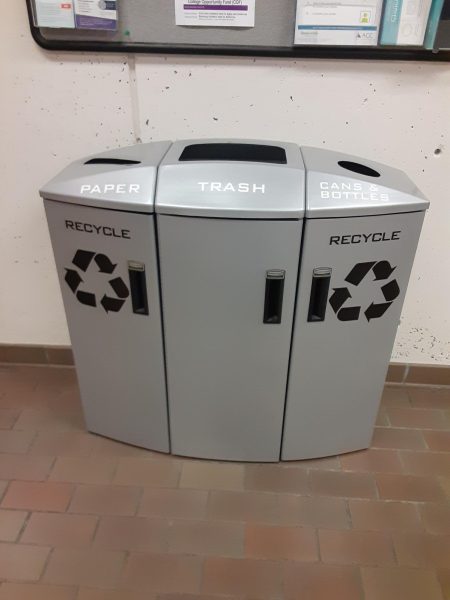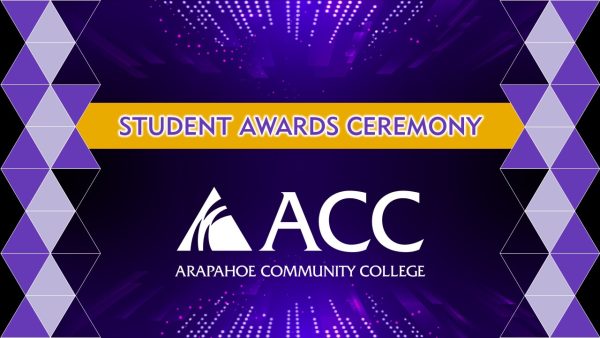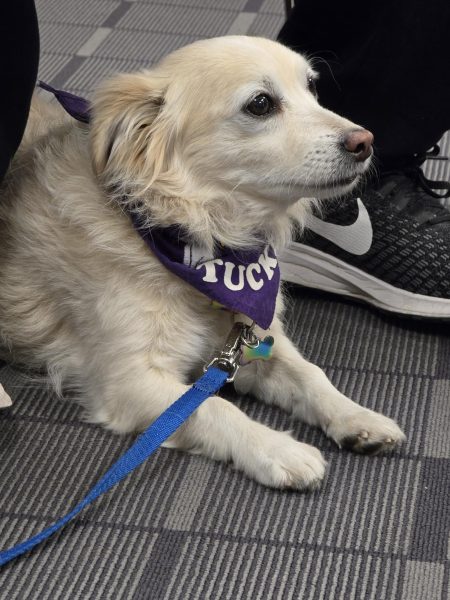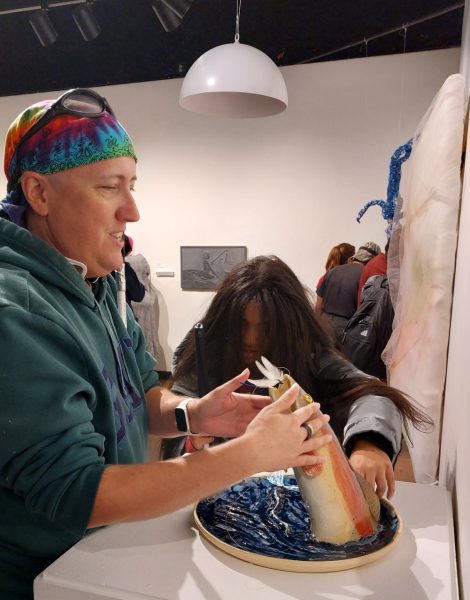Open Educational Resources: The Budget-Friendly Future of Education
This story was originally published on Feb 15th, 2019, but The Pinnacle staff wanted to revisit it since it’s OER week again.
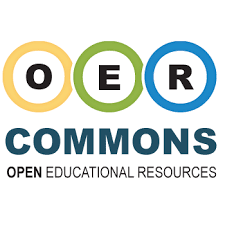
Image via OERCommons.org
Open Educational Resources (OER) are the next big thing in teaching and learning in Colorado. Our Student Government is working hard to bring this change to you, the students of Arapahoe Community College. These student representatives are working in alliance with Dr. Josie Mills, the Associate Vice President for Instruction at ACC and Lisa Chestnut, our Library Director, to bring the latest in higher education class resources.
Textbooks and materials can be expensive, and we’ve all felt that pain at the counter of the bookstore (or in the virtual checkout on Amazon.) What if instead of breaking the bank, those textbooks and guides and assessments were open-sourced and available to anyone, anywhere?
The folks behind OERCommons (“a public digital library of open educational resources”) and other open source learning communities—links at the bottom of the article—seek to make these materials easy to access, amassed from the public domain or released under an open license.
OER provide complete access to the same sort of learning materials educators rely on now, but without the high costs that students must foot. Additionally, the materials are largely in a digital format which can be adapted to their needs and the needs of their students. Just as different professors teach different aspects of the same textbooks, they can find everything they require for their personal lesson plans and set aside what’s not useful to them right then.
According to Samuel Jarris, a Senator of the ACC Student Government, our college is something of a pioneer for local engagement with open educational resources. “Schools across the country are doing this, and a few in the state,” says Jarris. “We are having conversations with other schools and looking for opportunities to get student’s feedback about this initiative.”
ACC has recently received a $13,000 state grant to launch open educational resources. If we get that ball rolling, what will education at our college look like? “Faculty at the school [would] have to work with material and develop their own material for courses that rely on no textbooks,” explains Jarris. “A lot of these resources are already available online… it’s kind of a coordinated effort between faculty and students and faculty from other colleges to reduce if not eliminate the cost of course texts and materials.”
Dr. Mills and and Ms. Chestnut have work ahead of them in asking our faculty to ‘buy-in’ in order to implement the new method in classes, but student government is handling the other end: how this can affect students and make classes more affordable.
“Students have the ability to ask their instructors …to use OER. They can say ‘hey, if you think open educational resources is a good option for this class, as a student I would love it,’” suggests Jarris, explaining it will be up to you, the student to be the active voices in the room, the proponents of resources that will eliminate the now-normal high cost of textbooks.
After all, if we don’t take a stand for ourselves, our education and our wallets… who will?
Check out the Open Educational Resources University here.
For more information about open educational resources, please attend Open Educational Week at ACC, which is from March 4th-8th, and please visit these websites:
~https://www.merlot.org/merlot/index.htm
~https://angelo.libguides.com/c.php?g=900327&p=6477746
~http://arapahoe.libguides.com/OER/oerhome
~https://opentextbookalliance.org/
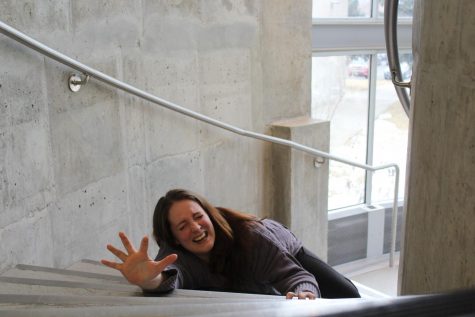
Kera is a touch neurotic and thinks all of you are fascinating from a distance. She's spent a lot of time studying psychology and the sciences. Writing, however, has decided it's tired of being relegated to the dark recesses of the...





